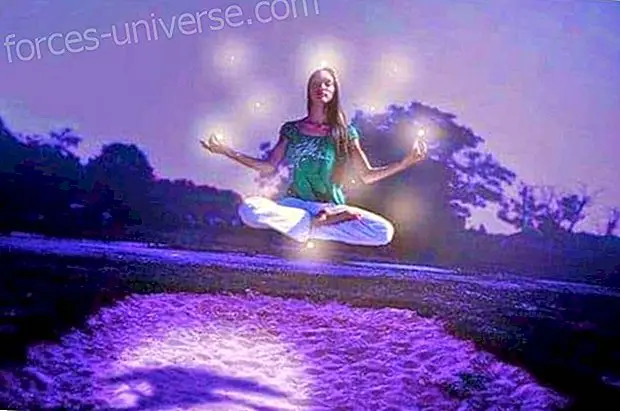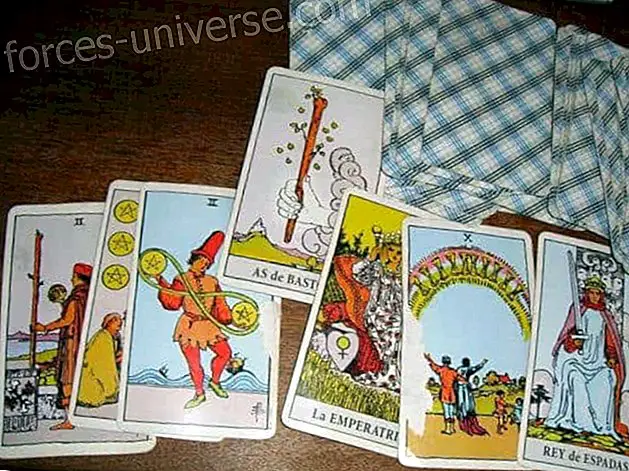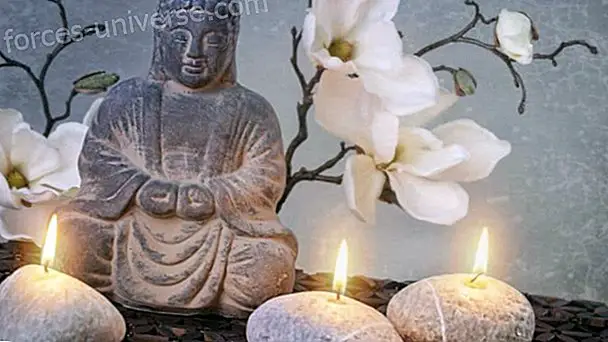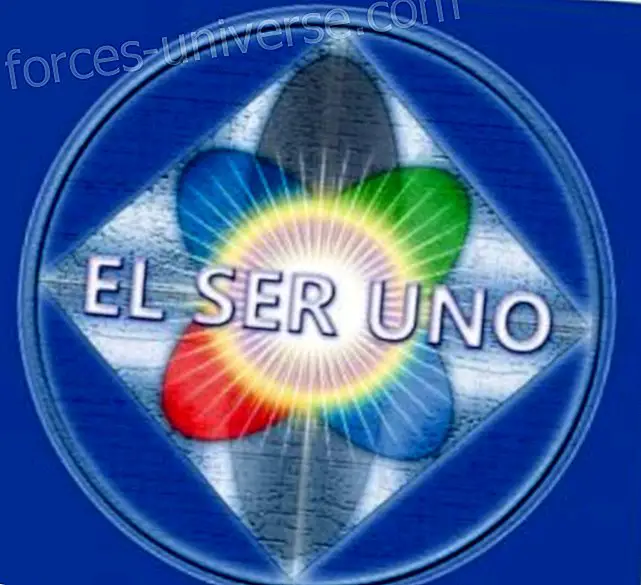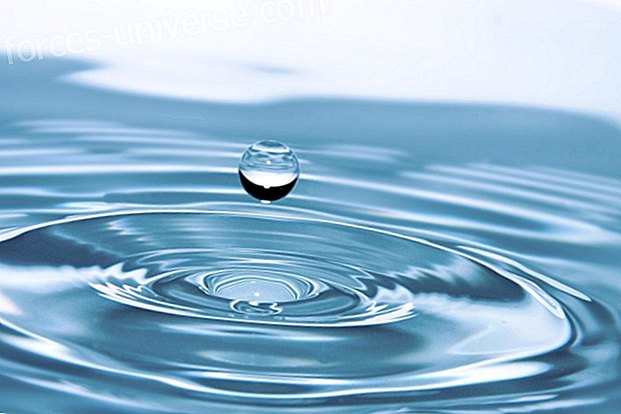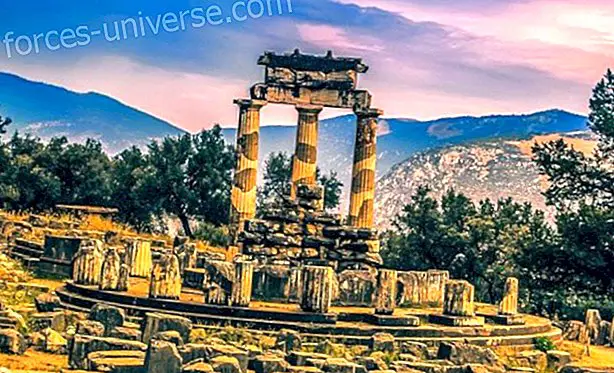
It is true that we rarely ask ourselves in a serious and profound way. Who am I? . Sometimes we are not interested or in some others it is only better not to think about it, something like that it is not worth it or you don't get anywhere with just philosophizing.
While it is true that occupying our mind in something without meaning or direction is not useful, neither is it to remain without questioning in a healthy way everything that surrounds us, our present and our past, in order Unique and wonderful to learn. It can be painful, it can also fill us with important responses and alternate ways of action, what we should avoid at some time and what we should welcome in our living space, questioning and doubting is productive when it responds to our need to go beyond what we are or what we believe we are.
The Buddha told his disciples that they would not believe things as he said them, but that they would question them and make them their own only if they found them useful and transformative, this is without a doubt a more productive and constructive way of existing.

For example, substantialism affirms that we are only matter, organs and bones, it is not admitted in this view that there is a spiritual nature of the individual, in fact the brain is conceived as an organ that automatically performs character functions Organic and nothing more.
On the opposite side is nihilism, which is the denial of existence reducing us in some way to nothing, for example that our memories, emotions and sensations are not real or existing, they are ephemeral and disappear, in the same way in this approach the spiritual nature of individuals is denied.
equivocal views ...
Finally we find that both Nihilism and substantialism are wrong points of view, for starters they are extreme, life and the universe are not only black and white, it is an infinite variation of tones in the middle, the dualistic condition is not appropriate from the moment in which we do not exist only in two ways, handsome and ugly, sad and happy, in reality there is an infinite range of approaches in the middle that describe us only that we cannot always express them with concepts.

The Middle Point that is basically supported by most of the traditions or philosophies of the East is also known as the Madiamika or the middle point path, in which it is accepted that we are organic matter (bones, organs, muscles) and also we are conscience, soul or spirit depending on the tradition in question.
spiritual nature of the mind ...
This is how it is recognized that there is something more than physical within us that learns and subsists at the time of death. In order to prove it somehow, there are some meditations about the spiritual nature of the mind, and they consist of asking ourselves, how is our mind or conscience? Does it have color? Does it have form? Does it have duration? ... Are deep questions that they must be found in the field of meditation and concentration.
memories, feelings, habits ...
Some conclusions generate important discoveries such as if we affirm that we are only physical bodies, where do our memories, feelings and habits come from ?, where does that sense of kind love or genuine compassion come from when we see our children or loved ones? of some process beyond the physical, of our mind or consciousness.

It is important to be convinced that beyond all the material that surrounds us there is another subtle and spiritual nature that understands us. In other words instants of infinite clarity and awareness in constant change and evolution, which transcend the process of dying to continue growing and learning.
Primal Awareness or Rigpa ...
It is from this philosophy that important issues arise such as rebirth, cause and effect (Karma), Bodichita or altruistic spirit and the ultimate and kind consciousness of the mind known as Rigpa.
Finally this is a fascinating topic, worth exploring, first through books and then through meditation, intuitively, the answer lies within ourselves, when we explore internally if we are only a body or something more than it lacks form but it includes memories, habits, sensations and feelings that are not a physical expression and if a mental expression that we cannot touch… it is so that in some way we are more than what we see, perceive and feel… we are processes and energy that is constantly changing and transforming ... it is worth giving us a few minutes every day to discover that our world is more than what we see ... it is what we feel, think and learn and that we cannot see or touch .... recover the all of ourselves at all times beyond our existence in a material world only.

To UTOR: Pilar V zquez, collaborator of the great family of the White Brotherhood

